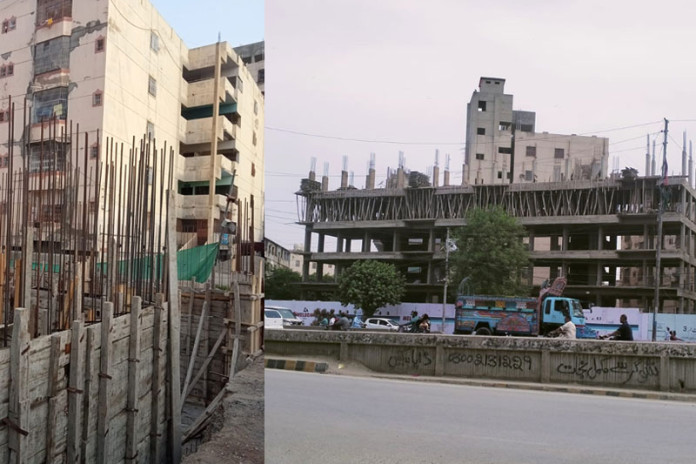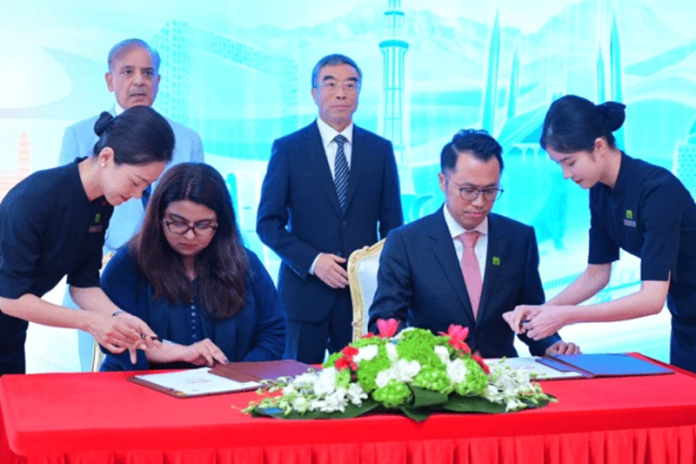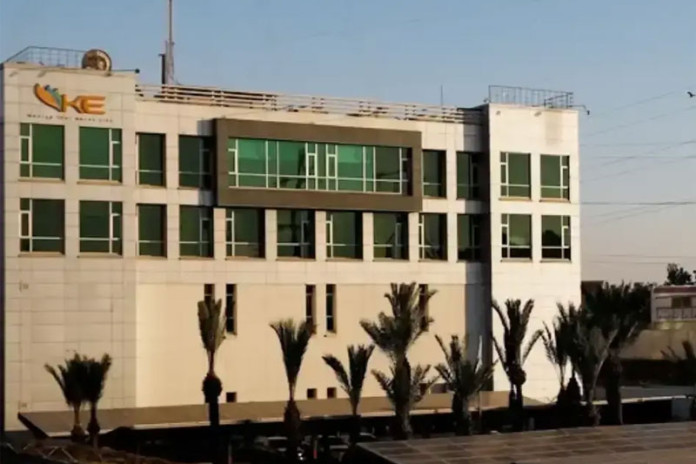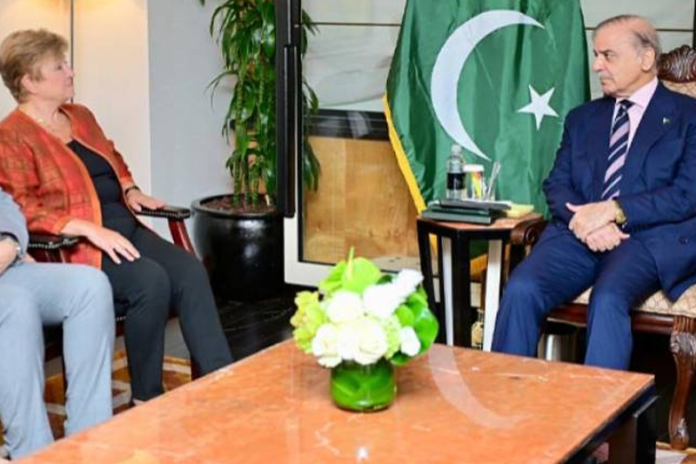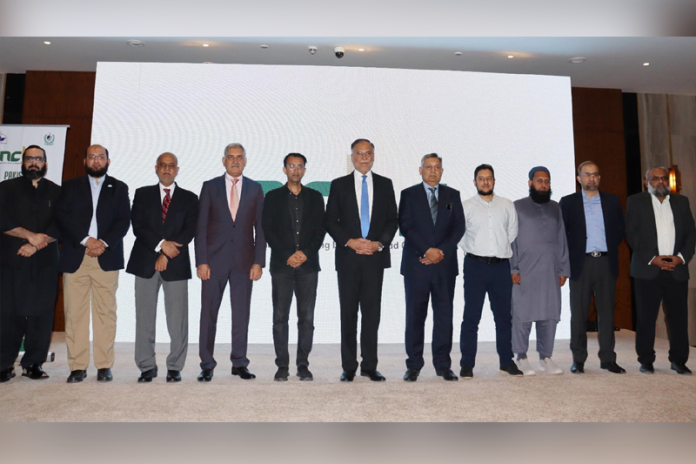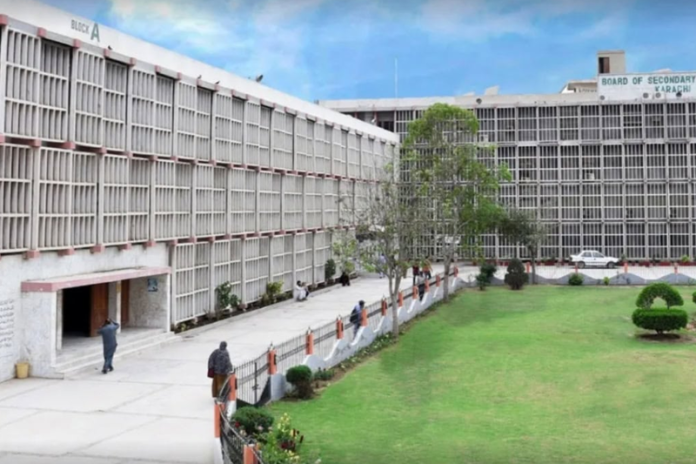The Role of Telemedicine in Revolutionizing Healthcare in Pakistan

- 436
- 0
By Maryam Ahmed
Worldwide, telemedicine has revolutionized healthcare systems; in Pakistan, its impact is especially significant because of the nation’s peculiar difficulties.
With more than 240 million people living there, a large geographic distribution, and inadequate healthcare infrastructure in many rural and isolated places, telemedicine has enormous potential to transform healthcare in Pakistan. This is a thorough examination of its function: Resolving Regional Divides: A sizable section of the populace of Pakistan resides in underdeveloped and rural areas. Due to a shortage of medical facilities and specialists, access to healthcare in these areas has historically been restricted. Through digital platforms, telemedicine allows patients who live in rural places to consult with doctors and specialists without having to travel far. This makes healthcare far more accessible to people living in remote areas. Filling the Skill Gap: Pakistan is severely lacking in medical specialists, especially in fields like mental health, neurology, cardiology, and oncology. This gap can be filled by telemedicine, which allows experts from Pakistan and other cities to interact with local physicians or patients in poor or rural locations. For instance, major hospital specialists can remotely evaluate CT scans, X-rays, and pathology reports from rural clinics or hospitals. This allows for quicker and more accurate diagnosis. Affordable Medical Care: For many people in Pakistan, the expense of healthcare can be unaffordable, especially if they need to travel to large cities for specialist treatment.
By removing the need for travel, lodging, and other related costs, telemedicine helps patients save money. For instance, online consultations allow patients to see doctors without having to pay for travel expenditures while remaining comfortable in their own homes. In Pakistan, there are numerous internet platforms that provide inexpensive teleconsultation services at a far lower cost than in-person consultations. Enhancing the Provision of Healthcare During Emergencies and Pandemics: During the COVID-19 pandemic, telemedicine became especially important. Telemedicine allowed people to get basic consultations and advice without having to attend hospitals, which relieved pressure on medical facilities and limited the virus’s spread when hospitals got overcrowded. It preserved social distance while enabling constant access to healthcare. Example: COVID-19 Management: To mitigate the danger of infection and relieve load on hospitals, a number of healthcare providers and startups have introduced telehealth services to offer consultation for COVID-19 symptoms, manage patient care remotely, and provide mental health support. In favor of Mental Health Services: In Pakistan, mental health is frequently disregarded in the medical field, in part because of social stigma and in part because there are insufficient mental health specialists. In order to decrease stigma and improve access to mental health care, telemedicine provides a more convenient and private option for mental health consultations.
Example: Online Therapy Platforms: A plethora of platforms offer video chats for counseling and psychiatric consultations, allowing individuals with anxiety, depression, or other mental health concerns to obtain therapy in a private and accepting setting. Building Healthcare Professionals’ Capacity: In Pakistan, telemedicine also provides a forum for information sharing and capacity building among medical practitioners. Rural medical professionals can take part in tele-education programs, consult with specialists to get advice on difficult cases, and stay current on medical developments. Example: Tele-Education and Training: To improve the knowledge and abilities of healthcare professionals in remote locations where they might not have easy access to continuing medical education, regular webinars, case discussions, and live broadcasting of procedures have been utilized. Platforms and Startups in Telemedicine Pakistan has seen a surge in telemedicine firms in recent years, offering advice and medical treatments via online platforms. Among the important participants are: Sehat Kahani: A web and mobile application-based telemedicine platform that provides accessible healthcare. It links patients with physicians for consultations, particularly women and underprivileged groups. Find My Doctor is a digital health business that provides home lab tests, prescription deliveries, and telemedicine consultations. Medefer: A program designed to alleviate healthcare gaps by bringing professionals from urban areas to rural healthcare clinics. These firms are using technology to improve accessibility and affordability in order to fill the gap in the traditional healthcare delivery systems. Government Proposals and Assistance with Policies: The promise of digital health platforms and telemedicine has also been acknowledged by the Pakistani government.
In order to provide free consultations and health advice during the pandemic, the Ministry of National Health Services and the Pakistan Telecommunication Authority (PTA) have collaborated on telemedicine frameworks and public health platforms. In order to expand telemedicine’s application and guarantee regulatory compliance, there is a rising movement to incorporate it into national healthcare policy. Pakistan’s Telemedicine Prospects: Pakistan’s healthcare system is about to include telemedicine as a standard component, particularly given the country’s rising internet and mobile phone usage rates. All societal groups in Pakistan could benefit from fair, cost-effective, and high-quality healthcare through telemedicine with the right legal frameworks, enhanced infrastructure, and ongoing public and private sector involvement. Telemedicine may be crucial in tackling Pakistan’s healthcare issues in the years to come as knowledge grows and the digital landscape advances, making Pakistan’s healthcare system more open and accessible to all residents.

